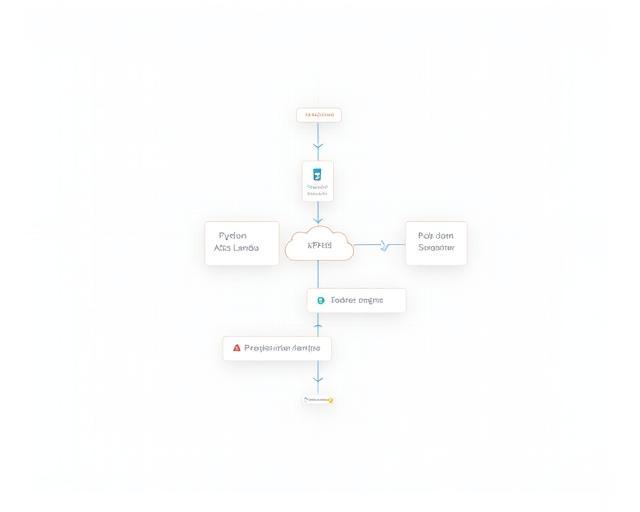未来を切り拓く、確かな戦略パートナー
20年以上にわたり上場企業からスタートアップまで1,200社以上を支援してきた総合コンサルティングファーム
無料相談を予約
0%
案件成功率
0
グローバルM&A実績
0
年間レポート発行

私たちについて
2001年、技術革新の渦中にあった日本で「データ×人間力」を掲げて創業しました。以来、国内外の幅広い産業で事業変革を牽引し、2023年にはISO9001を取得。品質マネジメント体制を国際基準で整えています。
私たちのコンサルティング哲学はシンプルです。事実を深く掘り下げるデータドリブン分析と、意思決定者の想いに寄り添う人間中心アプローチ。この二軸を融合させることで、再現性の高い戦略を実現します。
アジア・北米・欧州に広がる250社超のアライアンスネットワークを活かし、最新トレンドをつかんだベストプラクティスを迅速に導入しています。
✓信頼
✓革新
✓迅速
✓持続可能性
サービス

実績

製造業DX:ROI +42%
老舗自動車部品メーカーにおいてIoTセンサーとBIダッシュボードを導入。半年で不良率を18%削減し、ROIは42%増を記録しました。

SaaS企業海外展開:売上3倍
国内SaaSスタートアップが北米市場へ参入。現地パートナー選定と価格戦略の最適化で1年以内に売上が3倍に成長。
フレームワーク

『SBC Insight Engine』
- Python / AWS Lambda によるリアルタイム解析
- Power BI & Tableau での高速ダッシュボード
- Microsoft, Snowflake, UiPath との公式連携
認定資格
PMP
CFA
Scrum Master
APIドキュメント
# Quick start
import sbc
client = sbc.Client(api_key="YOUR_KEY")
df = client.market_forecast("automotive")
print(df.head())



